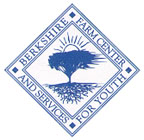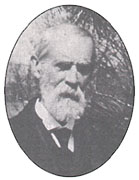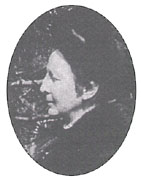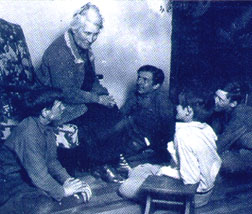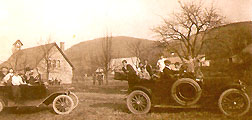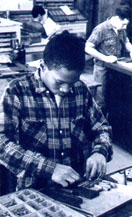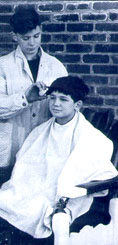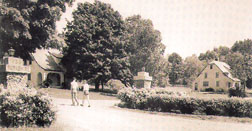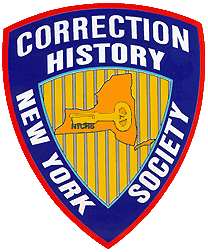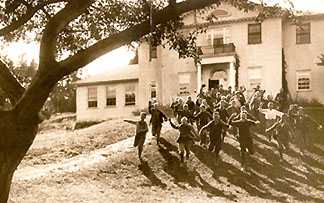
Boys leave school at the start of spring vacation, late 1930s. | About the Berkshire Farm Archives
Since it was founded in 1886, Berkshire Farm Center and Services for
Youth has exemplified the leading role played by private non-profit agencies in the development of treatment services for troubled youngsters and their families.
Its documentary records and photographs reflect the evolution from a small facility housed in buildings purchased from Shakers to a prominent statewide agency more than a century later. The Archives comprise records dating from the Berkshire's formative years, its growth, and the adaptation of its programs to changing economic and social conditions and to the needs of the children, their families, and the communities in which they live. The collection contains about 50 cubic feet of documents, papers, correspondence, pamphlets, newsletters, artifacts and some 2000 photographs.
Included are records relating to the agency's founding, its physical
and structural development, correspondence dating from the late 1800s and
minutes of Board of Directors meetings (1886-1980). Annual Reports (1900-present),
the Berkshire Farm Record (1893-1975) and numerous other publications are
available as well. Fundraising materials such as reports, strategies, community
involvement and publicity occupy a significant portion of the collection. |
